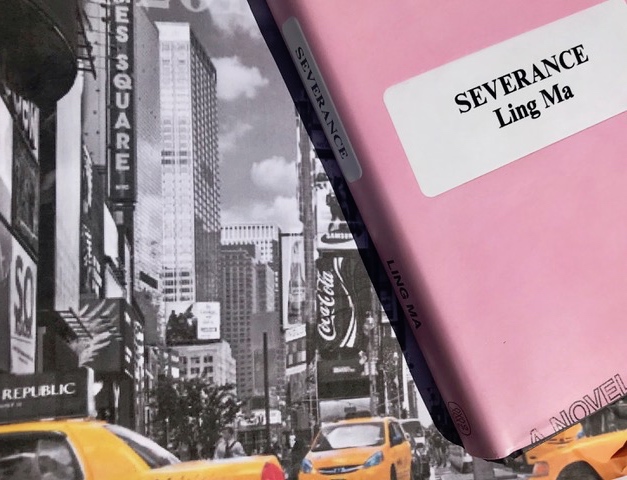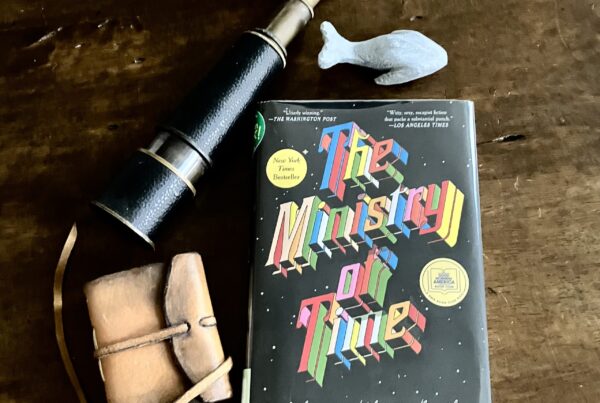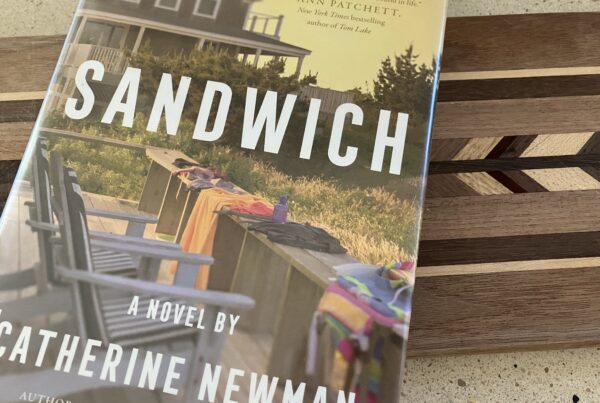Workplace satire. Modern consumerism critique. Millennial romance. Immigrant orphan coming-of-age story. Post-apocalyptic zombie terror. Ling Ma’s brilliant, cinematic novel, Severance, whose title refers not only to the contractual separation of employee from employer but also to the very act of being isolated or severed from society, effortlessly encompasses all these genres. Our narrator is a young office worker, Candace Chen, who has inexplicably survived both Shen Fever (a plague that has wiped out earth’s population leaving a horde of the “fevered” trapped in repetitive domestic and professional routines) and her job in NYC as a book production co-ordinator overseeing the mass manufacturing of specialty bibles in Asia. Severance moves among Candace’s present life as she is absorbed into a not-so-merry band of survivors led by a controlling IT specialist, her former life as the only child of immigrant parents, and her recent past as both a corporate drone and the creative force behind a photography blog entitled NY Ghost.
A child sensitive to her Chinese parents’ exhortations to make herself useful; a newly-arrived New Yorker eager to experience the city’s equally energizing and stultifying challenges, a passive consumer of love, sex, parties, and movies; a successful-by-default employee; a survivor in shock; and finally, humanity’s only hope, Candance is exactly the observer we need as the world ends. In 2006, post-college, she begins the long commute between her apartment in Brooklyn and her office job in Midtown: here, the themes of rote routine, nostalgia, memory, and materialism emerge and are mercilessly reflected in the apocalypse’s aftermath. Similarities abound between the zombies endlessly setting the table or folding the clothes in a Times Square Juicy Couture store and the survivors on their supply-gathering, murderous “stalks”; similarities also become obvious between the fevered and us, thoughtless consumers homesick for the past, existentially alone even in the crush of cities: “Shen Fever being a disease of remembering, the fevered are trapped indefinitely in their memories. But what is the difference between the fevered and us? Because I remember too, I remember perfectly. My memories play, unprompted, on repeat. And our days, like theirs, continue in an indefinite loop.”
Candance revives the NY Ghost blog in order to document the city’s deterioration and to preserve its essence as it empties out around her. When she finally leaves NYC, she ends up imprisoned—fittingly, symbolically, terrifyingly—in a suburban mall until she escapes after an unprecedented fit of rage and ingenuity. In a book that blends humor and horror, that references Nan Goldin, Occupy Wall Street, Friends, Arabian Nights, shark fin soup, Tiananmen Square, Brigham Young, and the Shins, Ma examines our culture, our routines, our collective global self-destruction, our mythology; she excoriates our inanities, but the end is not hopeless, not completely cruel. In Candance’s desire to create, her yearning for connection, in her final, archetypal journey westward, she is no longer a ghost but the future.




